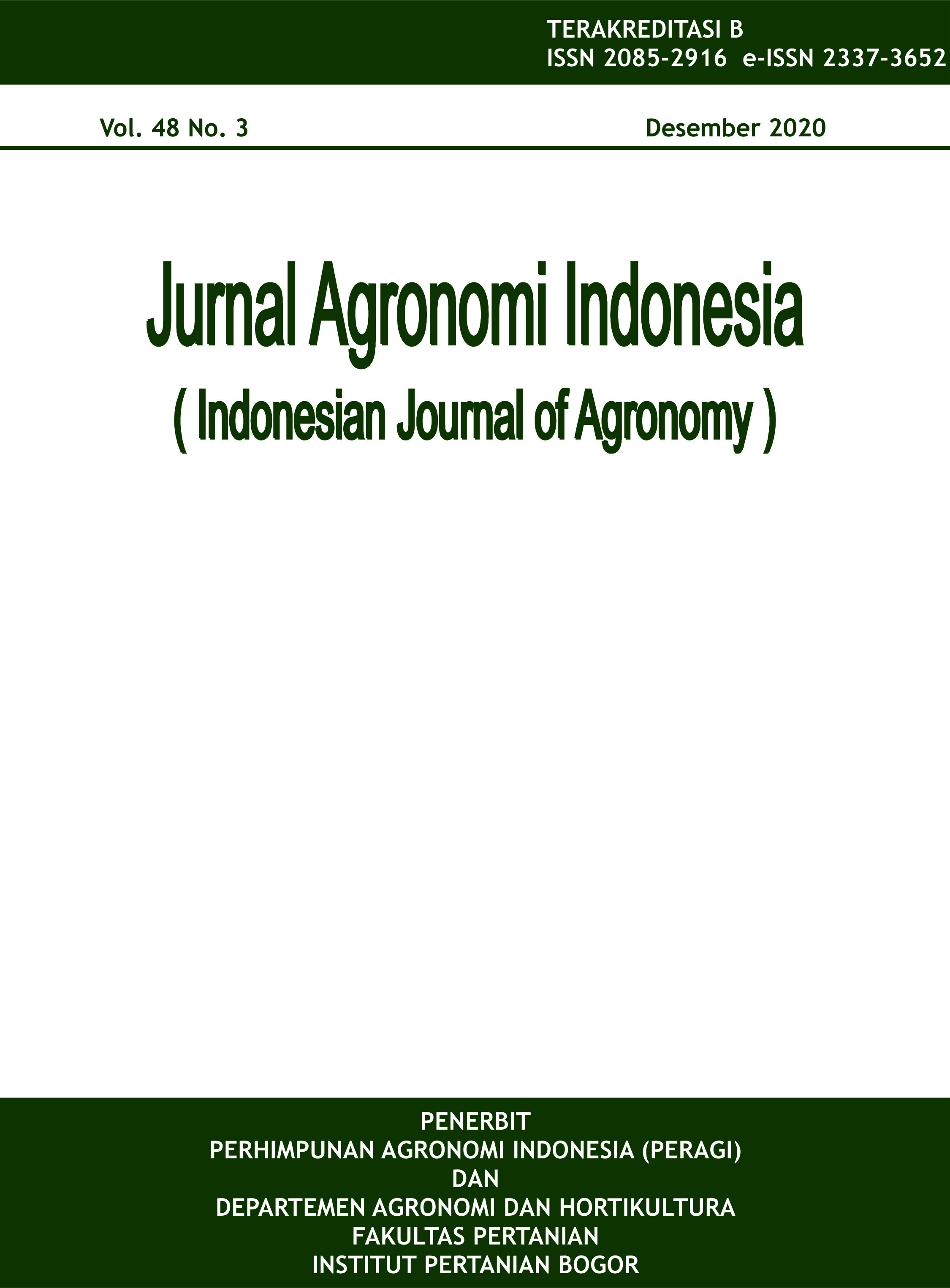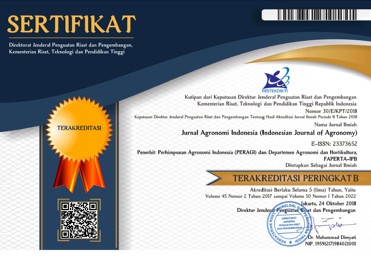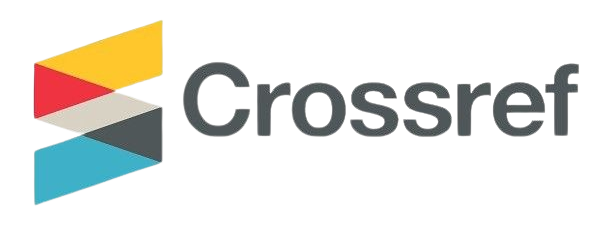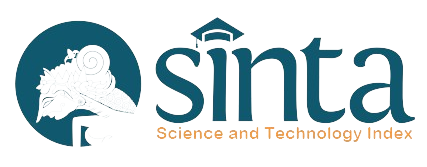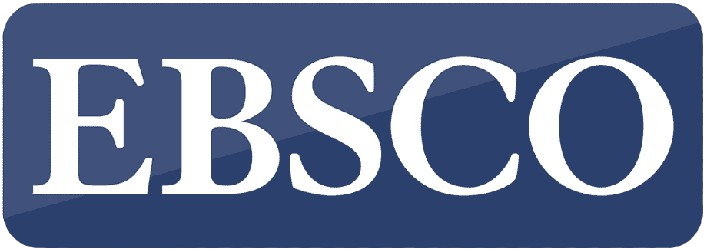Uji Amelioran Organik Asal Limbah Pertanian pada Pertanaman Sawi Hijau (Brassica juncea L.) di Tanah Gambut
Abstract
The use of agricultural waste as an organic ameliorant can reduce the dependence on the use of synthetic chemical fertilizers on the cultivation of mustard on peat soils. The research objective was to determine the best effect of the compost dosage of oil palm empty bunches (TKKS) and banana trunk waste on the growth and yield of mustard in peat soil. The location of the study was located in Baning Village, Sintang District, from April to June 2020. The research used a factorial completely randomized design. The first factor is the usage of 5 compost levels of TKKS which are t0 (without compost), t1(5 tons ha-1), t2(10 tons ha-1), t3(15 tons ha-1),t4(20 tons ha-1). The second factor was the dosage of banana trunk compost with 4 levels of p0(without compost), p1(10 tons ha-1), p2(20 tons ha-1), p3(30 tons ha-1). Treatment interactions significantly increased plant height, leaf number, leaf area, plant fresh weight, plant dry weight, net assimilation rate, and plant growth rate. The N, P, and K content in the soil increased by a percentage of 53.85%, 409.90%, and 2,709% on the application of 15 tons ha-1 TKKS compost + 30 tons ha-1banana trunk and compost. This treatment combination was the best in this study for increasing the production of mustard greens in peat soil, indicated by the average of plant fresh weight of 176.71 g.
Keywords: banana trunk, crop production, oil palm empty bunches

